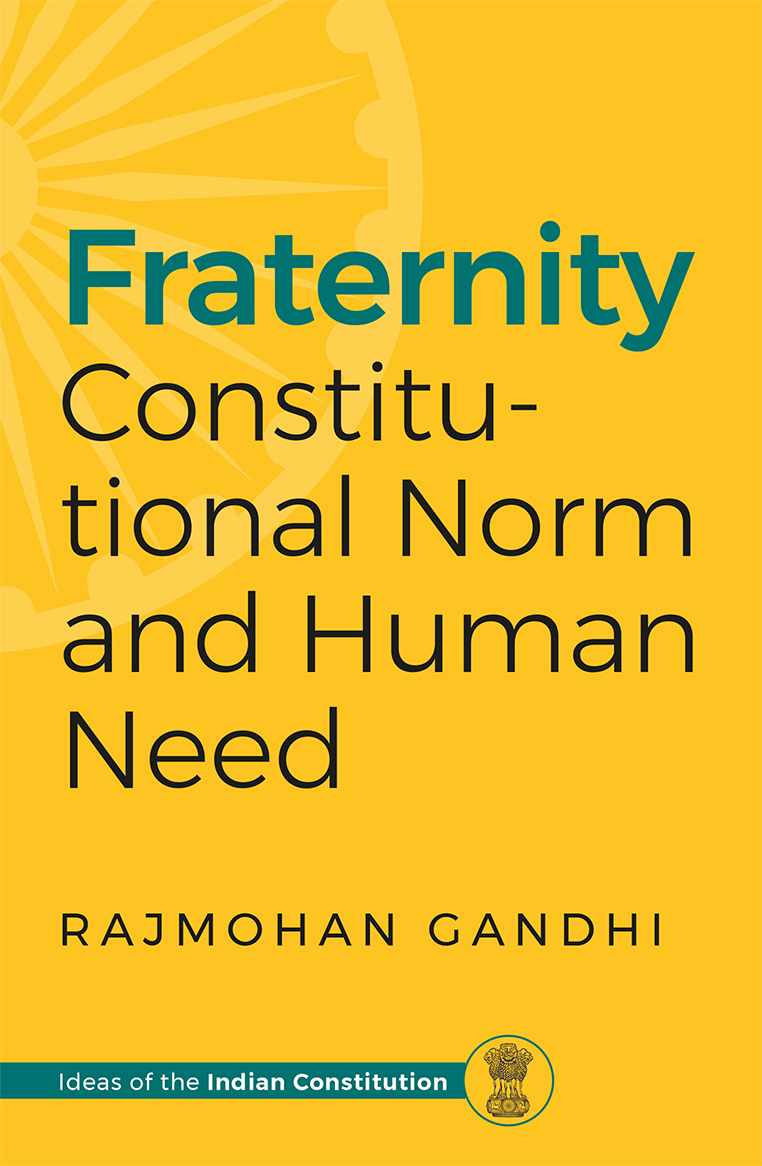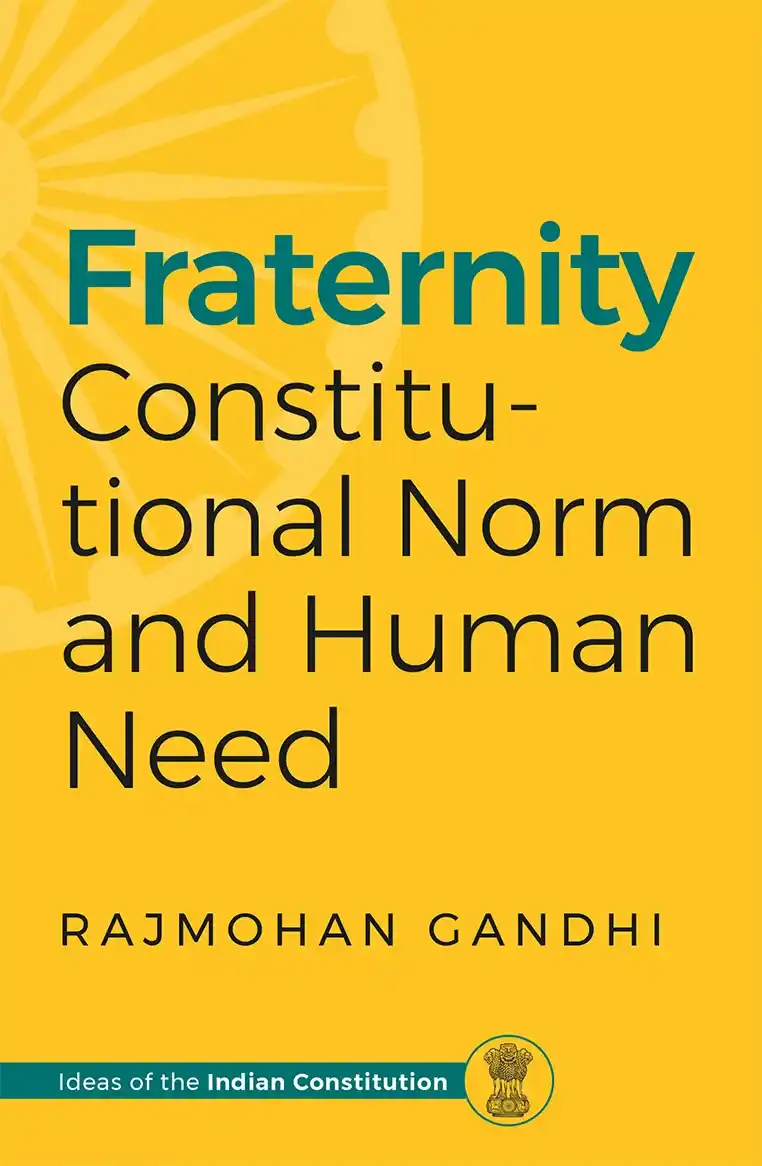Price
$11.00

There’s no dearth of references to a sense of kinship beyond one’s family or tribe in ancient Indian texts. We know from anecdotes in the Ramayana and Mahabharata, the Upanishads and epigraphic sources like Ashoka’s 12th Major Rock Edict, that our ancestors were no strangers to an expansive understanding of fraternity. Therefore, although the earliest adoption of fraternity as state motto happened in 18th-century France, the West cannot claim to have taught fraternity to India. Even so, it took our freedom struggle and the writing of the Constitution for it to become an integral value governing our lives. While the idea of fraternity was implicit in the Motilal Nehru Constitutional Draft of 1928 and the 1931 Karachi Resolution of the Indian National Congress, the National Movement’s commitment to it was questioned by leaders like Dr Babasaheb Ambedkar because the Movement appeared to prioritize the anti-colonial struggle over social reform to eliminate caste inequality. Dr Ambedkar...

